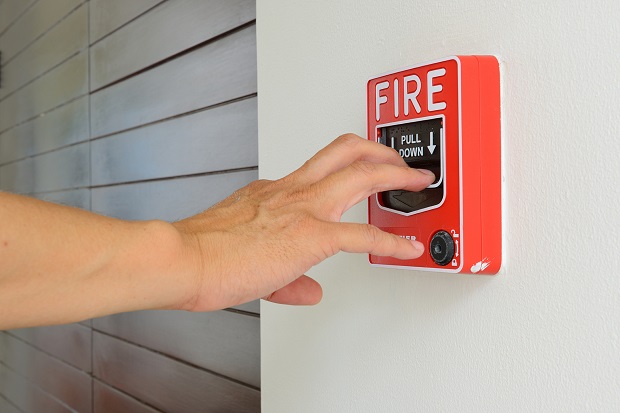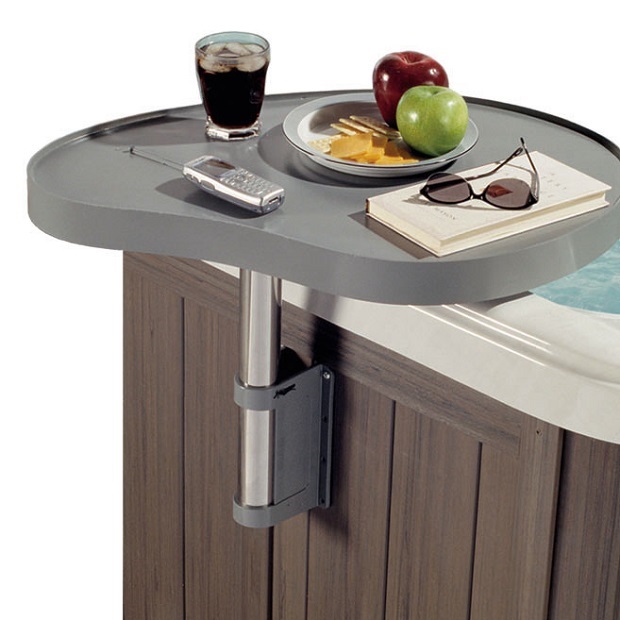Exploring the Two Basic Types of Fire Alarm Systems
Fire alarm systems are probably one of the most important, yet underrated parts to any business. They protect the life of everyone around them, the inventory, and the property as a whole. In fact, it isn’t a matter of whether you need a fire alarm system or not, it’s actually required by Australian law to have one. In case you weren’t aware of this and you’re a small business owner, you need to get your first fire alarm as soon as possible.
When looking to buy fire alarm systems, there’s a couple of important things you should know. First and foremost, commercial sites that have multiple buildings, and large buildings in general, require careful planning before installing a fire alarm system, in order to make sure the system meets fire codes and insurance requirements. Regardless of the size of the business, the system must cover the entirety of your facility with sirens, detectors, and lights, all placed within a specific range of metres.

With that said, when you go out to buy fire alarm systems, it’s best that you shop from a professional dealer who understands the regulations and the struggles that come with installing a fire alarm system. However, perhaps the most important thing to know before you start looking is what the difference between the two types of fire alarm systems is. They are divided into addressable and conventional.
Addressable fire alarm systems utilise circuit cards to connect all of the components to an identifying address, which is similar to the IP address we use for our internet, for example. This allows technicians and firefighters to quickly find the location of the problem. All of the system’s components are connected through a wiring loop that starts and ends in the control panel. The main benefits of this system include a pre-alarm warning, highly customizable, centralized controls, and easy additions and upgrades. However, they are expensive and quite complicated to install.
Conventional fire alarm systems, on the other hand, have every detection and alarm component individually wired into the central control panel. In other words, these alarms only identify an alarm within a specific zone. This makes conventional alarm systems most suitable for restaurants, single retail shops, and smaller areas in general. Similarly to addressable systems, these systems have their own benefits and drawbacks. Their benefits include cheaper control panels and cost-effectiveness. Their drawbacks are that they require more work to be installed, and they have a broad search area, which isn’t a big deal in small settings but it is a huge disadvantage for larger areas.






